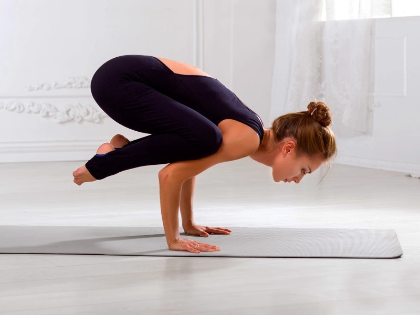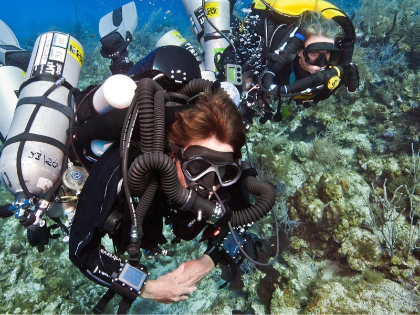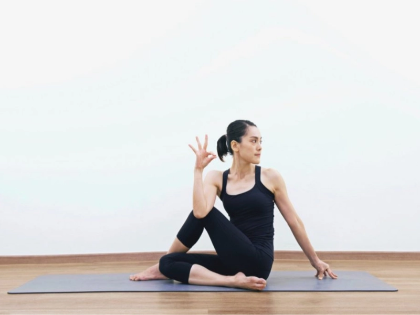Gym Lingo: Understanding Fitness Center Terminology
If you're a new gymgoer, it can feel as though everyone in the room speaks another tongue. Fortunately, picking some gym terminology will help the change from bewildered to confident go much more naturally. Short for repetition, a rep is one complete movement of an exercise; hence, one set is 10 triceps extensions.
1. AMRAP.
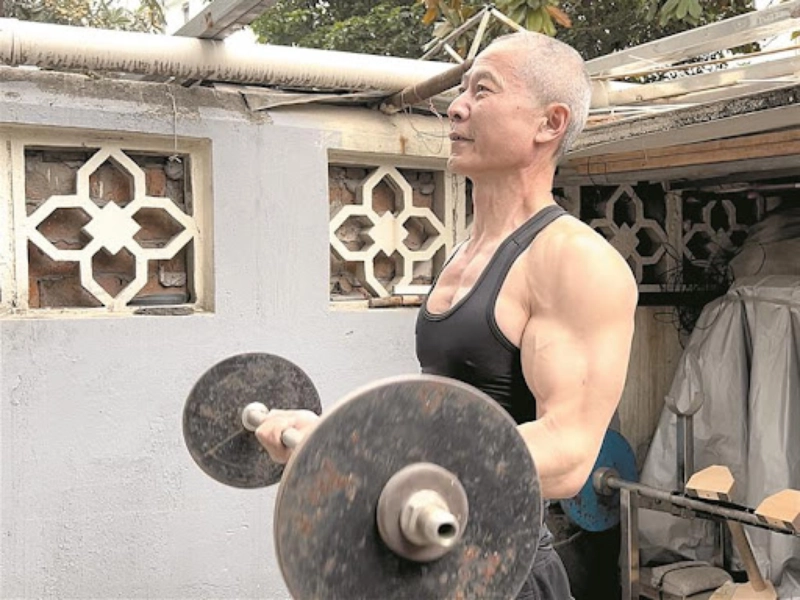
2. Cheat Days
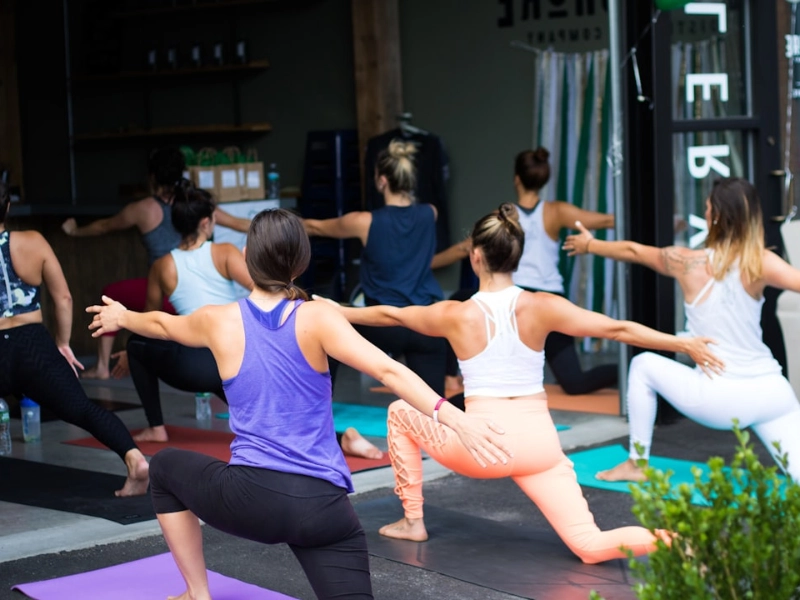 If you recently entered the gym scene, these fitness terminologies could sound like another language. But you can learn gym lingo fluently with commitment and regularity!
Usually for meals outside of a normal diet, a cheat day is a scheduled overindulgence. Athletes, bodybuilders, and other competing sportsmen often use cheat days.
A spotter is someone who assists you in lifting high weights, say your bench press or squat. They can also aid you during a lift enhance your form.
If you recently entered the gym scene, these fitness terminologies could sound like another language. But you can learn gym lingo fluently with commitment and regularity!
Usually for meals outside of a normal diet, a cheat day is a scheduled overindulgence. Athletes, bodybuilders, and other competing sportsmen often use cheat days.
A spotter is someone who assists you in lifting high weights, say your bench press or squat. They can also aid you during a lift enhance your form.
3. Isometric
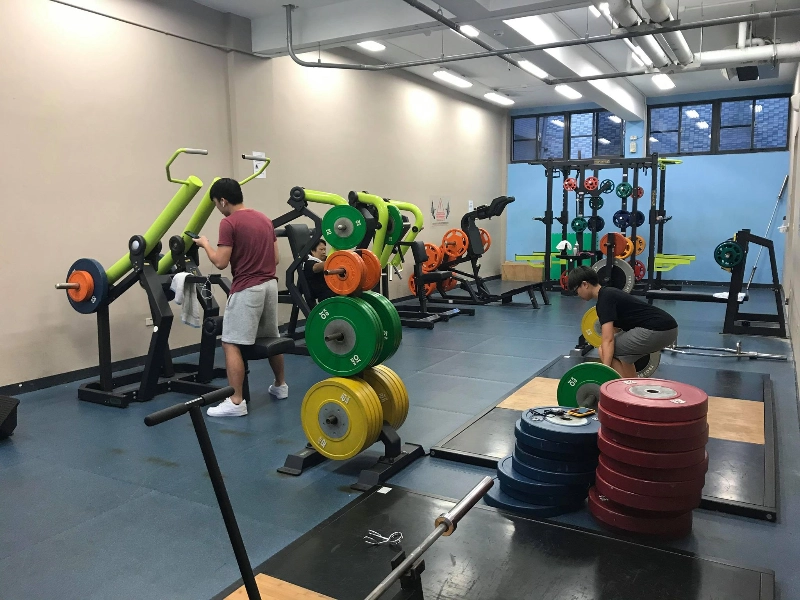 An isometric exercise causes your muscles to contract without increasing their length. This covers planks, wall sits, and bridges—static motions.
Improving strength requires eccentric and isometric muscular activities since they let you employ greater force at a reduced length. For a biceps curl or squat, for instance, using a 3-2-1 tempo helps you create greater force than in an isotonic action.
Usually in the form of a description or analogy, a cue is a brief directive meant to enable lifters execute an exercise correctly. During a squat, for instance, a coach would tell a lifter to "pour milk out of the jugs."
An isometric exercise causes your muscles to contract without increasing their length. This covers planks, wall sits, and bridges—static motions.
Improving strength requires eccentric and isometric muscular activities since they let you employ greater force at a reduced length. For a biceps curl or squat, for instance, using a 3-2-1 tempo helps you create greater force than in an isotonic action.
Usually in the form of a description or analogy, a cue is a brief directive meant to enable lifters execute an exercise correctly. During a squat, for instance, a coach would tell a lifter to "pour milk out of the jugs."
4.Jacked
 Being surrounded by fitness aficionados who speak in a language that seems to be all their own might be frightening and scary for a novice to the gym. Starting and maximising your workouts depend on knowing gym language, thus it's crucial.
Often observed in bodybuilders and other sportsmen with a strong upper body and legs, jacked refers to a person having huge muscles with notable definition. "Jacked" can also characterise a low body fat percentage muscular body type.
Being surrounded by fitness aficionados who speak in a language that seems to be all their own might be frightening and scary for a novice to the gym. Starting and maximising your workouts depend on knowing gym language, thus it's crucial.
Often observed in bodybuilders and other sportsmen with a strong upper body and legs, jacked refers to a person having huge muscles with notable definition. "Jacked" can also characterise a low body fat percentage muscular body type.
5. Load
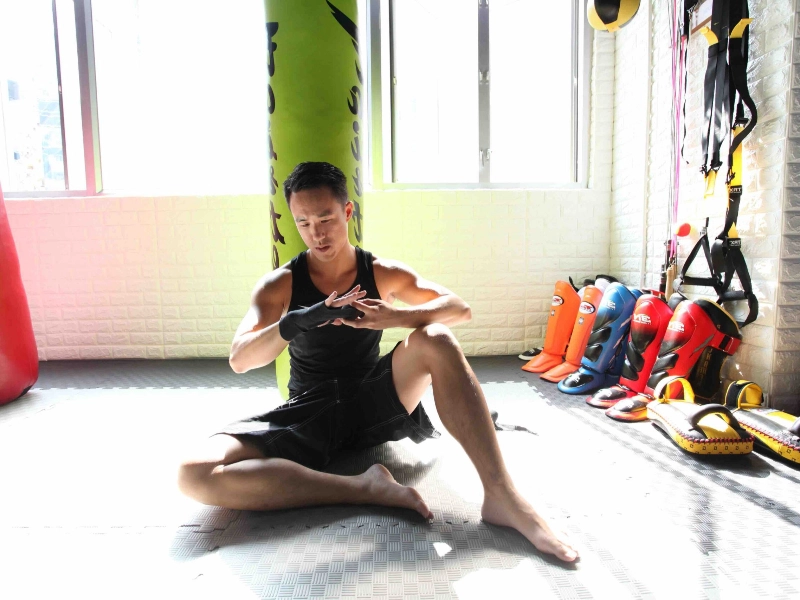 In reference to weight training, volume describes the number of repetitions carried out in a certain exercise. Driving development as you try to increase muscle mass is mostly dependent on raising your volume.
A barbell is a long, metal rod having weight plates fastened at both ends. Barbells are used by athletes for deadlifts and squats among other activities.
A spotter is someone who watches over a lifter performing a risky activity, say the bench press. In should the lifter fail the exercise, a spotter keeps their hands close to the bar.
In reference to weight training, volume describes the number of repetitions carried out in a certain exercise. Driving development as you try to increase muscle mass is mostly dependent on raising your volume.
A barbell is a long, metal rod having weight plates fastened at both ends. Barbells are used by athletes for deadlifts and squats among other activities.
A spotter is someone who watches over a lifter performing a risky activity, say the bench press. In should the lifter fail the exercise, a spotter keeps their hands close to the bar.
6. Macro scale
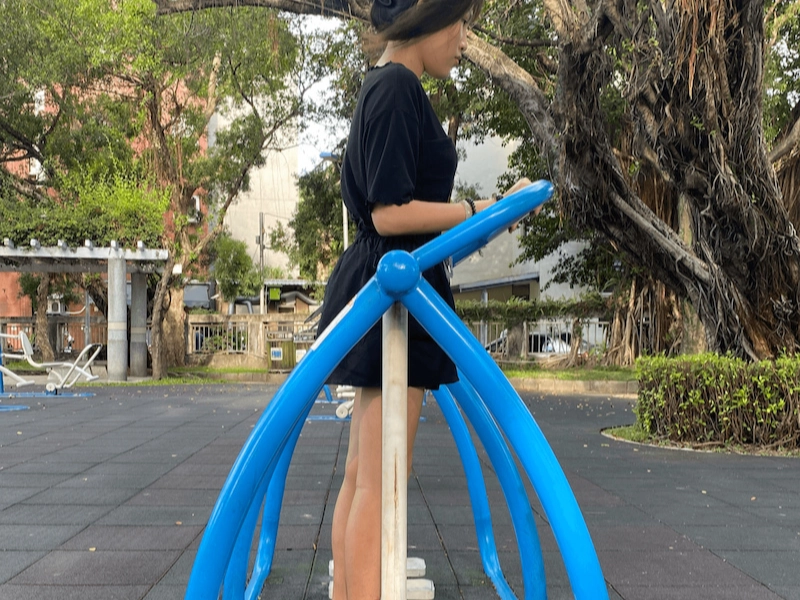 The fitness community operates using a whole language. From "reps" to "DOMS," knowing gym lingo can enable you to be more at ease and confident at the gym.
Like squats, lunges, and deadlifts, compound movements—exercises using more than one muscle group—are More energy is involved in them than in isolated activities, hence they can assist increase muscle mass faster.
The lowering or elongating aspect of a resistance exercise's movement is its eccentric phase. This increases muscle control and helps to develop muscular fibre tension.
The fitness community operates using a whole language. From "reps" to "DOMS," knowing gym lingo can enable you to be more at ease and confident at the gym.
Like squats, lunges, and deadlifts, compound movements—exercises using more than one muscle group—are More energy is involved in them than in isolated activities, hence they can assist increase muscle mass faster.
The lowering or elongating aspect of a resistance exercise's movement is its eccentric phase. This increases muscle control and helps to develop muscular fibre tension.
7. Swollen
 Possessing a complete set of rippling, fully developed muscles. Someone is swole if their cannonball shoulders or huge biceps show out of their shirt.
a gym-goer who uses a machine, keeps it clear for others to use, then leaves it empty following their last rep. Considered poor form, this is a great way to irritate people.
Knowing gym language will enable you to fit in and feel more confident whether you are working out in groups or alone. Learning these 17 fitness words will help you to get your lingo on.
Possessing a complete set of rippling, fully developed muscles. Someone is swole if their cannonball shoulders or huge biceps show out of their shirt.
a gym-goer who uses a machine, keeps it clear for others to use, then leaves it empty following their last rep. Considered poor form, this is a great way to irritate people.
Knowing gym language will enable you to fit in and feel more confident whether you are working out in groups or alone. Learning these 17 fitness words will help you to get your lingo on.
8. Daily Exercise Schedule
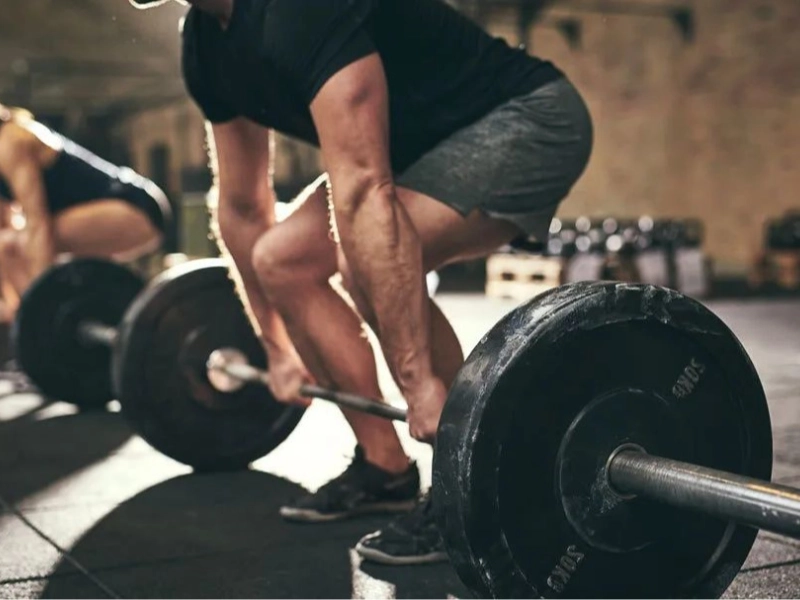 Understanding the terminologies and acronyms used in the fitness industry is crucial regardless of your level of experience at the gym or just trying to improve your fitness. At first, it can be frightening; but, with regularity and effort, you will soon be speaking Gym Lingo fluently.
A compound movement is a multi-joint exercise working several muscles concurrently. A spot is someone who supports a lifter to enable proper and safe execution of the activity.
Understanding the terminologies and acronyms used in the fitness industry is crucial regardless of your level of experience at the gym or just trying to improve your fitness. At first, it can be frightening; but, with regularity and effort, you will soon be speaking Gym Lingo fluently.
A compound movement is a multi-joint exercise working several muscles concurrently. A spot is someone who supports a lifter to enable proper and safe execution of the activity.


